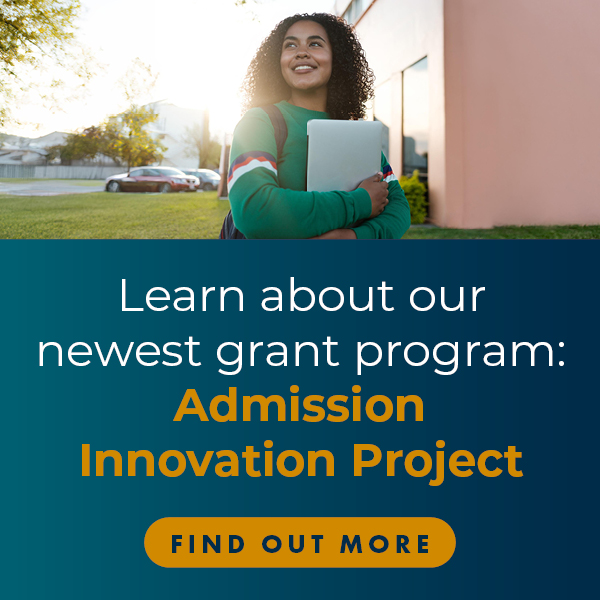Since launching our grantmaking activities in 2014, we have awarded over $26.4 million in support of our research priorities: access, affordability, and the value of legal education.
Awarded Grants
Grant Program
Grant Status

The Association of American Law Schools (AALS)
The AALS strove to communicate a more balanced and informed understanding of legal education to key groups outside the legal academy including policymakers, leaders of the bar and bench, the media, prospective law students, and the general public. This grant from AccessLex Institute supported the general operation and implementation of this project.
To read more, please visit AALS Receives Access Group Grant to Support Public Outreach Efforts
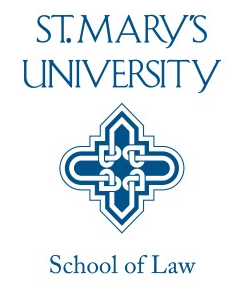
St. Mary's University School of Law
St. Mary’s Law Success Program is an innovative effort to incorporate law school assessment and essential skills to enhance graduates’ success in the study and practice of law. The grant from AccessLex Institute provided general support.
To read more, please visit Support for Law Success

National Association of Student Financial Aid Administrators (NASFAA)
To better understand the motivations and needs of prospective law and graduate students, NASFAA conducted research to determine what consumer information is most vital to students while making informed borrowing decisions with regard to enrollment in and completion of law and other graduate and professional programs.
To read more, please visit Market Research on Law School Student Aid Award Letters and Shopping Sheet Information
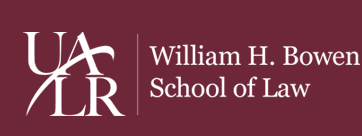
University of Arkansas at Little Rock, William H. Bowen School of Law
The Legal Education Advancement Project (LEAP) at William H. Bowen School of Law provides a performance-based admissions program aimed at increasing the representation of traditionally underrepresented groups at University of Arkansas at Little Rock, William H. Bowen School of Law and in the Arkansas state bar. The grant from AccessLex Instituteprovided general support.
To read more, please visit Legal Education Advancement Project
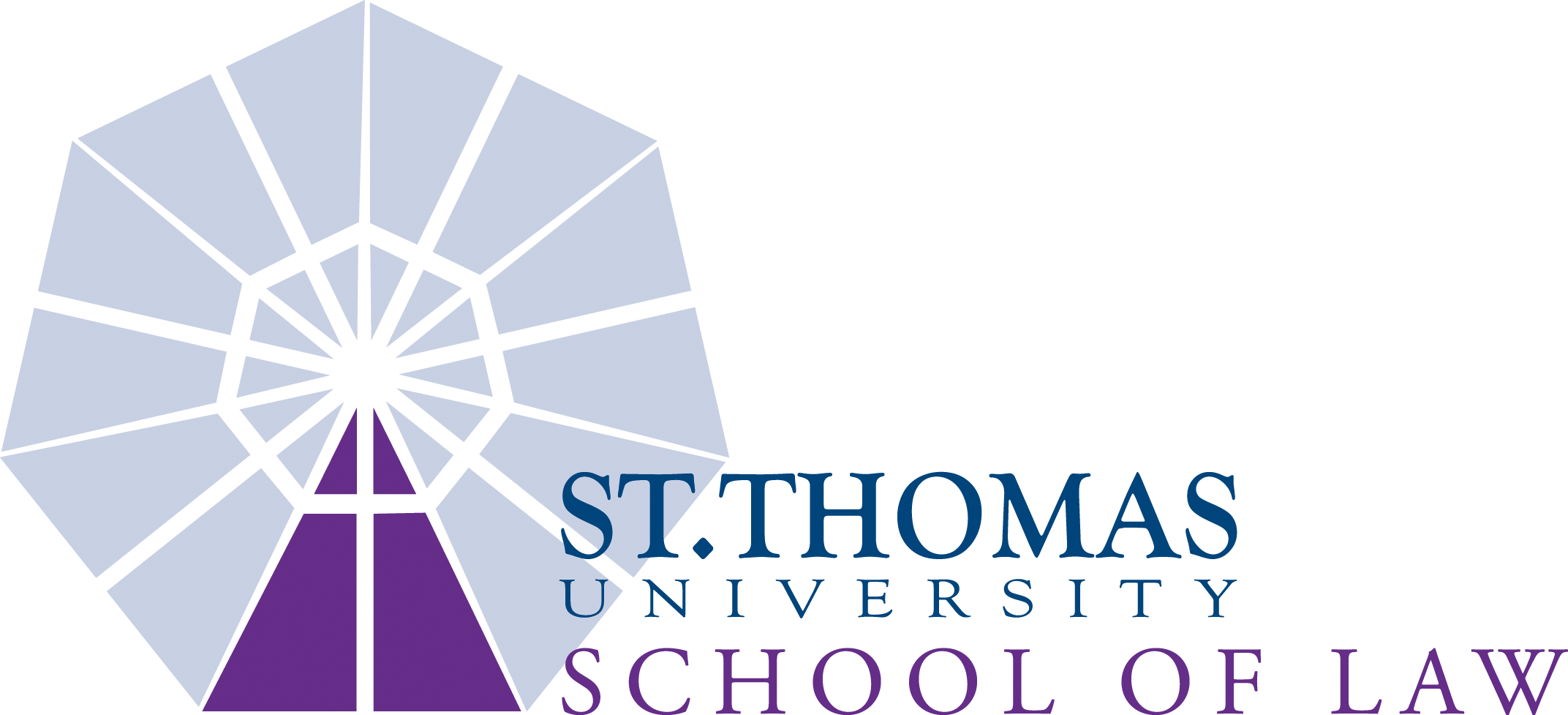
University of St. Thomas School of Law
Paying special attention to trends over time, Professor Jerome Organ conducted research on variable affordability of law school on a net cost basis for student cohorts between 2010 and 2014.
To read more, please visit Net Tuition Trends by LSAT Category from 2010 to 2014 with Thoughts on Variable Return on Investment
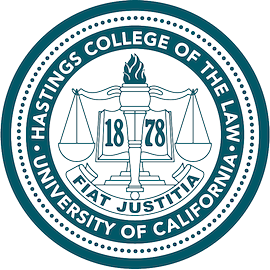
UC Hastings College of the Law
UC Hastings received a grant to support a feasibility study that examined the viability of evolving UC Hastings’ current Legal Education Opportunity Program (LEOP) into a post-baccalaureate program that would address the specific standardized academic deficits commonly identified among students with adverse academic, social, economic, and culture backgrounds.
To read more, please visit Legal Education Opportunity Program
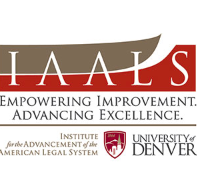
Institute for the Advancement of the American Legal System (IAALS) at University of Denver
Educating Tomorrow’s Lawyers, an initiative of IAALS, will collect data for its Foundations for Practice project. Foundations for Practice is a multi-year project designed to identify the foundations entry-level lawyers need to succeed in the practice of law; develop measurable models of legal education that support those foundations; and align market needs with hiring practices to incentivize positive improvements.
Download the full report at iaals.du.edu.
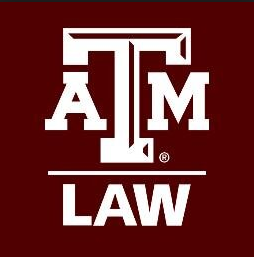
Texas A&M University School of Law
Through the Texas Lawyers Study, Texas A&M University School of Law will survey nearly 88,000 members of the State Bar of Texas to collect data regarding income levels, demographics and career satisfaction. The data will be used to better understand the varying effects of a law degree based on student characteristics as well to produce scholarly research on the economic value of a law degree.
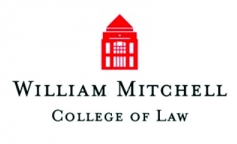
William Mitchell College of Law
With the intent to increase access and affordability to legal education by leveraging technology, The Hybrid Program offers students a part-time, on-campus/online option for a J.D. program. The first of its kind at an American Bar Association accredited school, the program underwent evaluation by measuring student engagement as well as learning outcomes for participants in the program.
To read more, please visit Blended Learning at Mitchell Hamline



